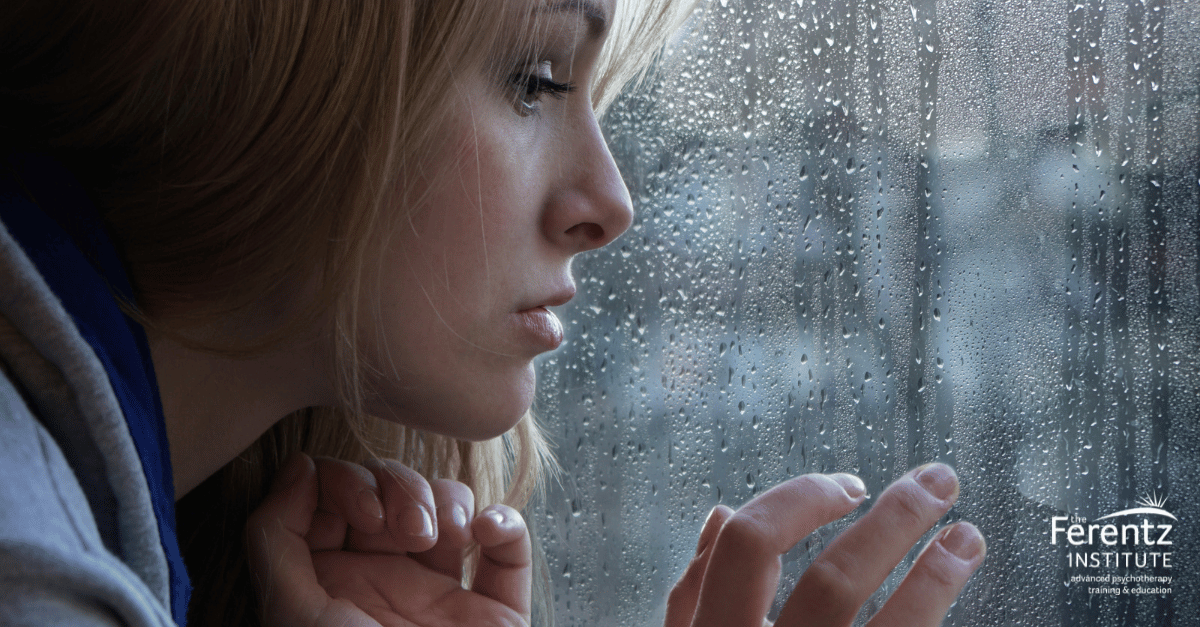Many trauma therapists work with clients who have experienced profound betrayals of trust in their most meaningful and intimate relationships. Often, in session, they disclose their ongoing need for building and sustaining a shield of armor around their hearts. “I know how to keep people at arm’s length,” or “My friends think they know the real me, but I would never let them get that close to me.” In an age of pervasive social media, chat rooms, and dating apps, many trauma survivors take refuge in relationships that let them hide behind the image they create with photoshopped pictures or misleading profiles. It makes sense that prior experiences of rejection, abandonment, and disloyalty would create a relationship template that associates closeness with getting hurt. However, it’s tragic that the coping strategy of distancing and avoiding genuine intimacy becomes the solution when these are people who desperately need and deserve close relationships to heal and reconnect with the world.
Being in a relationship that is genuinely loving, safe, and satisfying, requires courage and a willingness to be authentic and, therefore, vulnerable. There are no guarantees, in any relationship, that being fully open will never lead to getting hurt. Allowing for closeness involves healthy risk-taking and requires the belief that when a breach occurs it can be acknowledged, addressed, and fully mended. It is certainly easier for people to take that risk when past relationships were respectful, gratifying, loving, and safe. When trauma survivors even think about forging an intimate relationship, they are often haunted by the past. Assumptions and expectations rooted in prior neglect or abuse get unconsciously superimposed on the present. I was hurt before. Therefore, I’ll be hurt again.
"Oftentimes, exploring the distinction between “then“ and “now” is the first critical step towards reassessing whether old coping strategies and protective behaviors are still needed."
That fear sets in motion a variety of strategies designed to keep others at a distance. Anger, irritability, criticism, sarcasm, inappropriate humor, constant testing, perfectionism, unrealistic and unfair expectations, and inappropriate boundaries can all be used to short-circuit or sabotage potential connections. In addition, the push-pull of clients distancing and re-connecting with their therapists can create an “emotional rollercoaster” in treatment and, sadly, is often clinically pathologized. Since the need for attachment is paired with the fear of betrayal and abandonment it is often misunderstood and clients gets mislabeled as “difficult,” “borderline,” or “manipulative.”
In the short-term, these behaviors serve their purpose: increasing a sense of safety by not letting anyone in or not letting the relationship progress to a deeper place. But in the long-term, these coping strategies increase alienation, feelings of worthlessness, inadequacy, loneliness, and even despair. Oftentimes, exploring the distinction between “then “ and “now” is the first critical step towards reassessing whether old coping strategies and protective behaviors are still needed. Emphasizing these realities in therapy can free up traumatized clients to experiment with closeness and reap the positive benefits that it can yield.
Clinician Tips:
The following prompts, processed either verbally or through journaling, can help clients connect the dots between their traumatic past and the objective reality of their present relationships:
- How old do you feel when you back away from people? Is that choice being made by a wounded child part or your most adult self?
- Can you name a relationship with a person or pet that was truly safe and gratifying? What were the qualities in you and in them that made it so?
- What would it mean,in the present, if you were able to connect and be close to others? What would you gain? What would you lose?
- How would you describe the relationship you have with your therapist? Is it possible that this relationship is evidence that you can be close and still feel safe?
- Is it possible that even if you did get wounded in an adult relationship that you now have the resources and support to cope with it in ways that you couldn't when you were a child?

